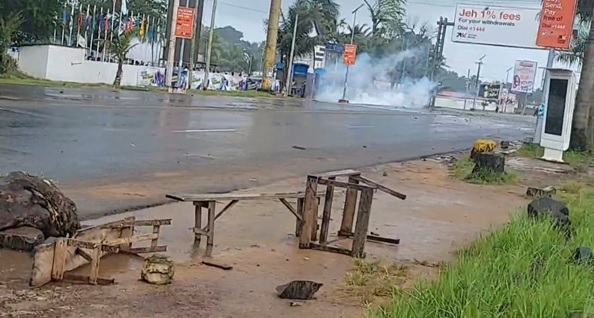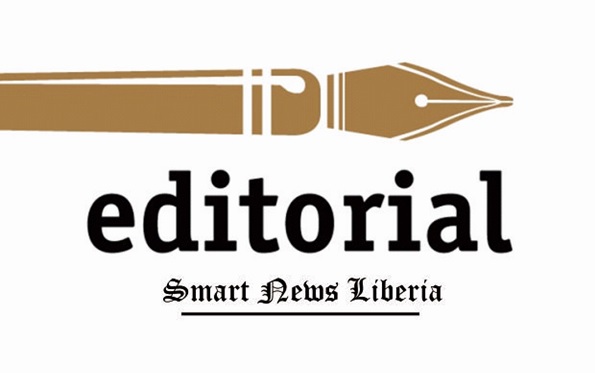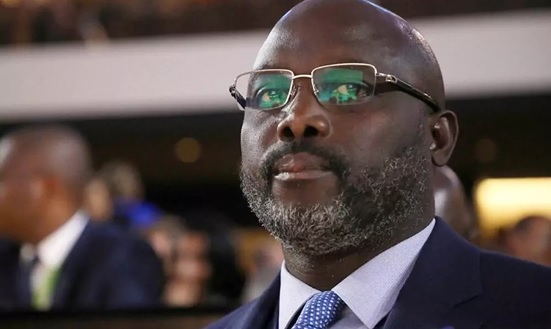MONROVIA – The recent violent confrontation between supporters of the main opposition party, the Coalition for Democratic Change (CDC), and the police at the CDC headquarters in Congo Town, Monrovia, emphasizes the escalating political tensions in Liberia. On Thursday, August 22, 2024, a planned police operation quickly spiraled into chaos, with CDC supporters throwing stones and police responding with tear gas. The clash resulted in the arrest of fourteen individuals, sparking widespread condemnation and highlighting the fragile state of Liberian democracy.
The violence erupted early Thursday morning, reportedly following a police operation at a nearby location. According to the government, the Liberia Drug Enforcement Agency (LDEA) attempted to execute a search and seizure warrant at a property in the Small Town Community near Bernard Beach. This operation, however, was met with resistance from community members, prompting the withdrawal of LDEA personnel.
In stark contrast, the CDC, led by its political leader and former President George Weah, claims a different narrative. Weah and other CDC leaders accused the government of raiding the party’s headquarters at 2 am, describing the incident as an “onslaught” by heavily armed state security forces against the CDC and its supporters. This allegation has fueled suspicions of political intimidation and targeted harassment by the government against its opponents.
The conflicting accounts from the government and the CDC have only deepened confusion and mistrust around the incident. The government asserts that the violent confrontation was a direct result of community resistance during a routine law enforcement operation. Conversely, the CDC argues that the government intentionally targeted their headquarters in a show of force designed to intimidate the opposition and stifle political dissent.
The CDC’s version of events has gained traction among its supporters and some public segments increasingly skeptical of the government’s intentions. Critics point to the use of force and the timing of the operation—occurring in the dead of night—as evidence of a coordinated attempt to provoke and suppress the opposition. These actions, they argue, reflect a broader pattern of behavior by the Boakai administration aimed at consolidating power and eliminating political threats.
The violent standoff and subsequent arrests have significant implications for Liberia’s political landscape. Images of CDC supporters clashing with police, coupled with accusations of a government-sanctioned raid, have galvanized opposition sentiment and deepened existing political divides. The incident highlights the volatility of Liberia’s post-election environment, marked by a lack of trust between the ruling party and the opposition.
Moreover, the government’s response to the violence, including using tear gas and mass arrests, raises concerns about the potential abuse of state power. Human rights organizations and civil society groups have condemned the heavy-handed tactics employed by the police, arguing that such actions are counterproductive and risk inflaming tensions further.
As Liberia grapples with the aftermath of this violent confrontation, leadership in de-escalating tensions and fostering dialogue becomes crucial. Both the government and the opposition must exercise restraint and commit to a peaceful resolution of disputes. President Joseph Boakai’s administration, in particular, faces the challenge of demonstrating its commitment to democratic principles by ensuring that law enforcement actions are conducted transparently and without political bias.
For the CDC, led by former President George Weah, there is a responsibility to encourage its supporters to engage in peaceful protest and to seek redress through legal and democratic means. The party’s leaders must avoid inflammatory rhetoric that could further escalate the situation and instead focus on building a constructive opposition that can hold the government accountable without resorting to violence.
The violent clash between CDC supporters and the police at the party’s headquarters is a troubling reminder of the deep-seated political divisions in Liberia. As both sides present conflicting narratives of the events, the need for an independent investigation becomes apparent to establish the facts and ensure accountability. The path forward for Liberia requires a collective commitment to uphold the rule of law, protect democratic institutions, and foster a political culture that prioritizes dialogue over confrontation. Without such efforts, the risk of further violence and instability remains high, threatening the fragile peace that Liberia has worked so hard to achieve.







